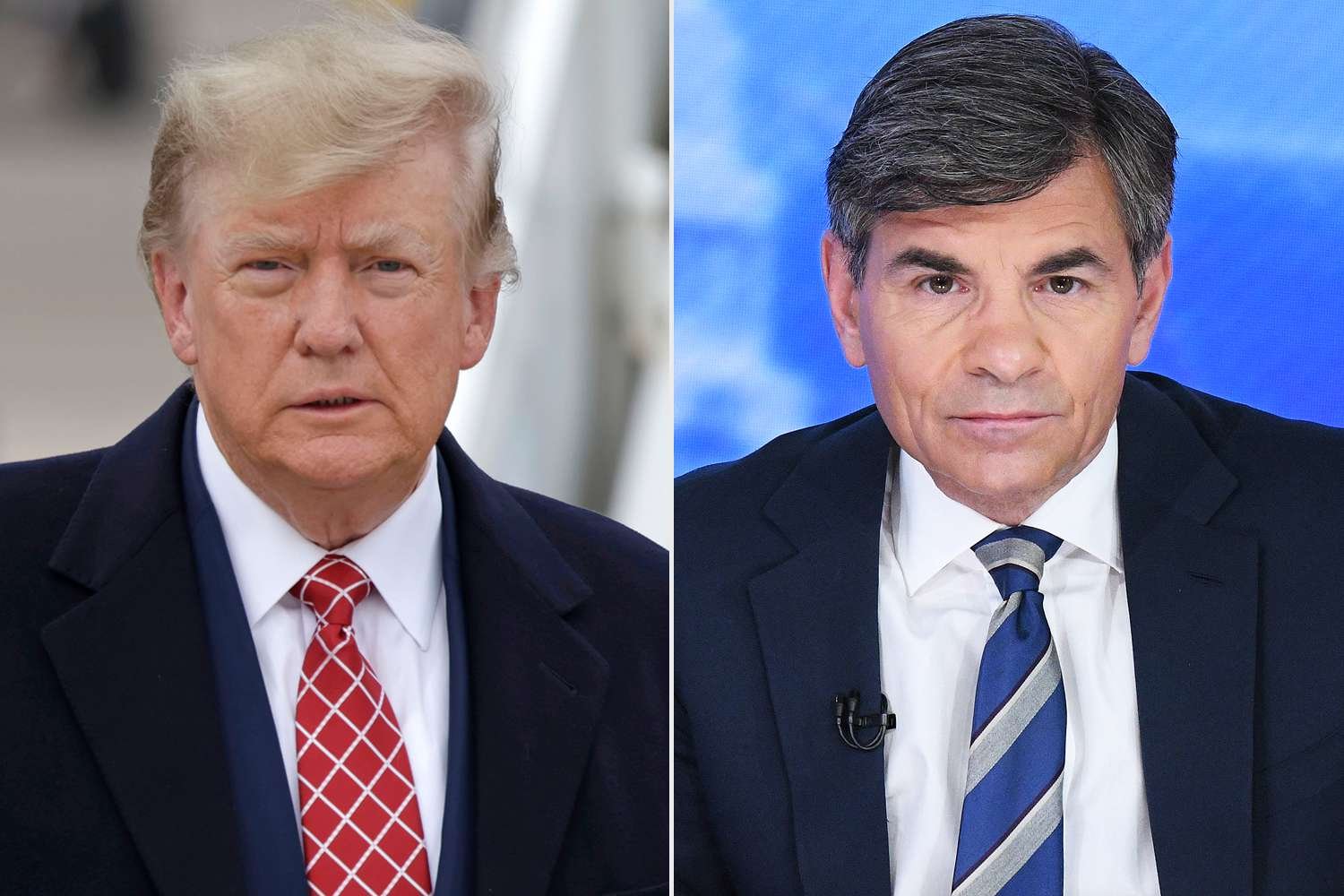In the latest twist of the ongoing saga surrounding former President Donald Trump, the news of his lawsuit against veteran journalist George Stephanopoulos has sent shockwaves across political spheres. The move, ostensibly driven by Trump’s deep-seated emotions, unveils a complex web of personal grievances and strategic maneuvers. As we navigate through the intricacies of this legal battle, it becomes evident that beneath the surface lies a narrative of emotional volatility and reckoning.
Unveiling the Legal Drama
Trump’s decision to sue George Stephanopoulos, the former ABC News anchor, and his employer, Disney, has sparked intense speculation and debate. The lawsuit alleges defamation over Stephanopoulos’ coverage of Trump’s presidency, particularly regarding the handling of the COVID-19 pandemic. Trump’s legal team argues that Stephanopoulos’ statements were intentionally misleading and aimed at tarnishing the former president’s reputation.
The Emotional Undercurrents
At the heart of this legal tussle lie profound emotional undercurrents. Trump’s propensity for retaliatory actions against perceived adversaries is well-documented. Throughout his tenure in office, he often wielded lawsuits as a means of asserting dominance and settling scores. However, beneath the veneer of legal strategy lies a deeper emotional narrative. Trump’s lawsuit against Stephanopoulos appears to be driven not merely by a desire for vindication but also by a sense of wounded pride and personal affront.
Navigating the Psychology of Trump’s Actions
To comprehend the rationale behind Trump’s lawsuit, one must delve into the psychology of his actions. Trump, known for his brash and impulsive demeanor, has often exhibited a lack of emotional discipline. His reactions to criticism or perceived slights are often visceral and immediate. In this context, the decision to sue Stephanopoulos can be seen as a manifestation of Trump’s inability to regulate his emotions effectively. Rather than employing diplomatic or conciliatory measures, he opts for confrontational tactics, driven by a need to assert control and dominance.
Strategic Calculations and Political Maneuvering
While emotions undoubtedly play a significant role in Trump’s decision-making process, it would be remiss to overlook the strategic calculations at play. By targeting Stephanopoulos, a prominent media figure with significant public influence, Trump seeks to leverage the lawsuit as a tool for shaping the narrative surrounding his presidency. In the arena of public opinion, legal battles often serve as battlegrounds where reputations are both defended and tarnished. For Trump, the lawsuit against Stephanopoulos represents a calculated gamble, aimed at reclaiming the narrative and reasserting his relevance in the political landscape.
Unintended Consequences and Ripple Effects
However, as with any high-stakes gambit, Trump’s lawsuit carries inherent risks and potential unintended consequences. While it may serve to rally his base and garner media attention in the short term, the long-term repercussions are far less certain. Legal battles can be protracted and unpredictable, with outcomes often defying initial expectations. Moreover, by escalating tensions with members of the media, Trump risks further polarization and erosion of public trust in democratic institutions.
Echoes of Past Conflicts
The clash between Trump and Stephanopoulos is emblematic of broader conflicts that have come to define contemporary American politics. The adversarial relationship between politicians and the media is not a novel phenomenon, but rather a recurring theme throughout history. From Nixon’s battles with the press during Watergate to Trump’s contentious tenure in the White House, the struggle for control over the narrative has remained a constant feature of political discourse.
Lessons in Emotional Intelligence
Ultimately, the lawsuit against Stephanopoulos serves as a stark reminder of the importance of emotional intelligence in leadership and governance. Leaders who lack the ability to regulate their emotions effectively are prone to making impulsive decisions with far-reaching consequences. In a world increasingly defined by volatility and uncertainty, the ability to navigate complex emotional terrain is indispensable.
Charting the Path Forward
As the legal drama between Trump and Stephanopoulos unfolds, it prompts reflection on the future trajectory of American politics. Will this lawsuit mark a turning point in the ongoing battle over media narratives, or will it be relegated to a footnote in the annals of history? Only time will tell. However, one thing remains clear: in the volatile arena of politics, emotions continue to wield considerable influence, shaping the course of events in unpredictable ways.
In conclusion, Trump’s lawsuit against Stephanopoulos offers a compelling glimpse into the intersection of law, politics, and emotion. By unraveling the underlying dynamics at play, we gain valuable insights into the complexities of leadership and governance in the modern age.



